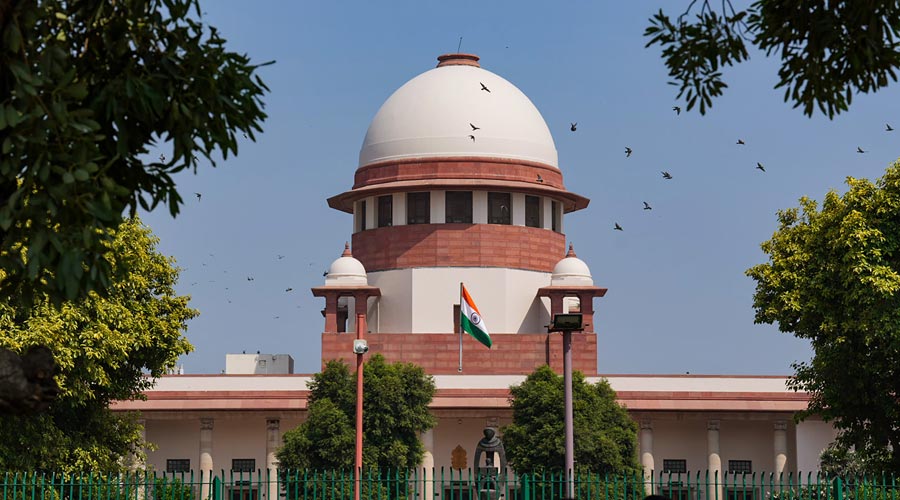The Supreme Court directed the state governments and concerned authorities to observe that death row convicts take advantage of excessive delays in deciding mercy petitions.
A bench of Justices MR Shah and CT Ravikumar said that without a final decision on the mercy petition, even after the Supreme Court has given its final conclusion, there is an undue delay in not deciding the mercy petition and the object and purpose of the death sentence would be frustrated.
“Therefore, the state government and/or the relevant authorities should make every effort to decide and process the mercy petition as soon as possible so that the defendant can also know his fate and even justice can be done to the victims,” the bench said.
The observations came on a petition filed by the Maharashtra state government challenging the Bombay High Court order to commute the sentence of a woman and her sister.
The High Court commuted the death sentence to life imprisonment due to excessive and unexplained delay by the State/Governor in failing to decide on the defendant’s mercy petition, which was held for approximately 7 years and 10 months.
They were sentenced to death by a local court in 2001 for abducting 13 children and killing nine in Kolhapur, which was confirmed by the High Court in 2004. Even the Supreme Court upheld the High Court order in 2006.
Their mercy petition was later rejected by the Governor in 2013 and then by the President in 2014.
The Supreme Court declined to interfere with the High Court’s order, saying the seriousness of the offence could be relevant when commuting the death penalty to life imprisonment. However, while commuting the death penalty to life imprisonment, it could also be argued that excessive delays in processing clemency applications were a relevant consideration.
“Given the above, the High Court’s challenged judgment and order commuting the death penalty to life imprisonment requires no intervention,” it said.
Additional Solicitor General Aishwarya Bhati, appearing on behalf of the Union of India, said the high court should have passed an order commuting the death penalty for natural crimes to life imprisonment given the seriousness of the offences committed by the accused without any remission.
Noting her opinion, the Supreme Court amended the sentence and directed the accused to receive a life sentence without parole.
“We observe and instruct all states/relevant authorities to whom a mercy petition is submitted and/or need a decision on a mercy petition against the death penalty to decide on such mercy petitions as early as possible so that the benefit of the delay is not decided on the mercy petition, the defendant would not accrue, the defendant would not benefit from this undue delay, and the defendant might not take advantage of this undue delay,” the bench said.


 Signals, Powered By EquityPandit
Signals, Powered By EquityPandit

